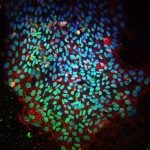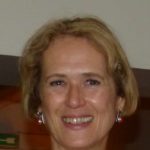Link to Pubmed [PMID] – 28456665
Link to DOI – S0925-4439(17)30131-X10.1016/j.bbadis.2017.04.019
Biochim Biophys Acta Mol Basis Dis 2017 10; 1863(10 Pt B): 2546-2553
Sepsis is an acute systemic inflammatory response of the body to microbial infection and a life threatening condition associated with multiple organ failure. Survivors may display long-term disability with muscle weakness that remains poorly understood. Recent data suggest that long-term myopathy in sepsis survivors is due to failure of skeletal muscle stem cells (satellite cells) to regenerate the muscle. Satellite cells impairment in the acute phase of sepsis is linked to unusual mitochondrial dysfunctions, characterized by a dramatic reduction of the mitochondrial mass and hyperactivity of residual organelles. Survivors maintain the impairment of satellite cells, including alterations of the mitochondrial DNA (mtDNA), in the long-term. This condition can be rescued by treatment with mesenchymal stem cells (MSCs) that restore mtDNA alterations and mitochondrial function in satellite cells, and in fine their regenerative potential. Injection of MSCs in turn increases the force of isolated muscle fibers and of the whole animal, and improves the survival rate. These effects occur in the context of reduced inflammation markers that also raised during sepsis. Targeting muscle stem cells mitochondria, in a context of reduced inflammation, may represent a valuable strategy to reduce morbidity and long-term impairment of the muscle upon sepsis.


